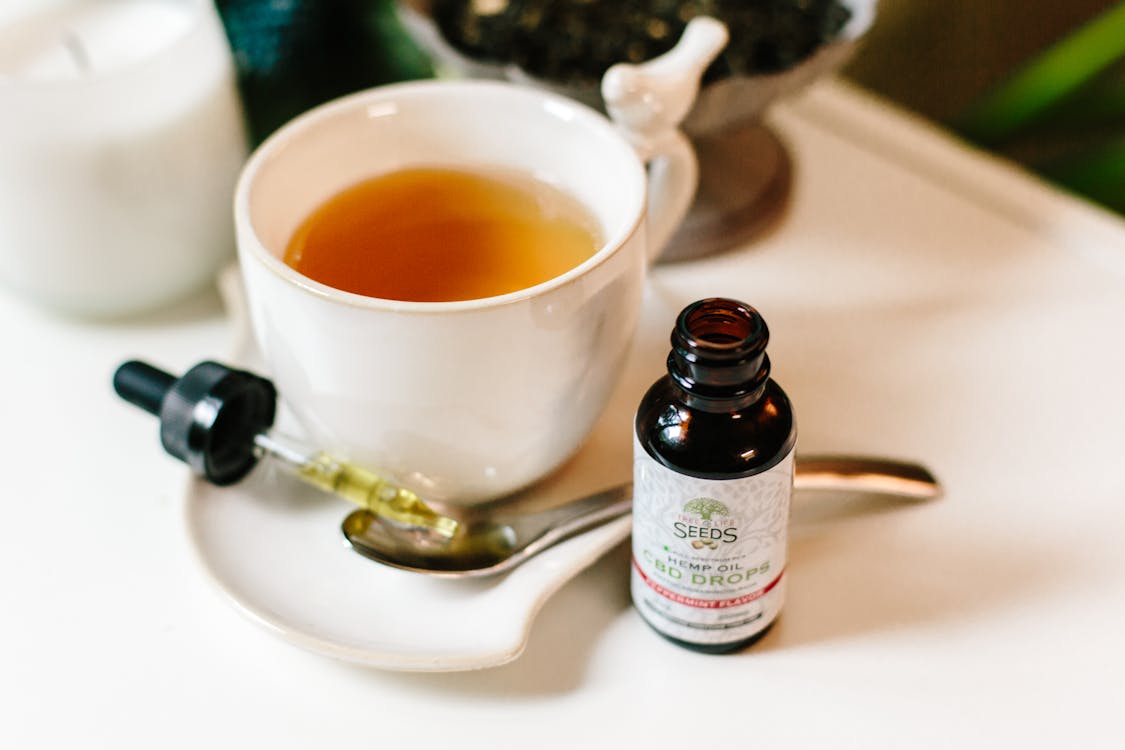Does L-Theanine Work?

L-Theanine is a common nootropic or smart pill that many consumers wonder about. Should you take it? Are there side effects? Does it work? Hopefully, this article will answer all your questions…and more!
What is L-Theanine?
Green tea is known to have health benefits ranging from weight loss to lower risk of diseases. L-Theanine is found in tea, especially green tea, and is a water-soluble amino acid. It is not produced by the human body, so the only way we can utilize it is to ingest it.
L-Theanine is thought to work by impacting certain chemicals in the brain including serotonin and dopamine. These neurotransmitters regulate tons of functions in our body and assist with sleep, memory, and mood.
What are the Benefits of L-Theanine?
Studies show that L-theanine may have a beneficial impact on mental health including mood, sleep, and concentration. More studies need to be done, but evidence points to some positive effects.
Some studies show that ingestion of L-theanine contributes to a reduction in stress response. It is potentially a relaxing agent for both the physiological and psychological systems. Experts believe that it can be a highly effective anxiolytic and can help consumers respond adequately to stressful stimuli.
It may be a natural alternative to habit forming anxiolytics like benzodiazepines. In addition, it doesn’t cause sedation and impairment like many prescription anti-anxiety medications.
Various studies show a positive correlation between l-theanine and concentration. Some of the research includes caffeine in addition to l-theanine because they are consumed together in tea. L-theanine can ease the uncomfortable side effects caused by caffeine and the combination is thought to benefit productivity.
L-theanine has also been shown to have a positive effect on memory. One study shows that is could even be useful in treatment and prevention of Alzheimer’s.
There are several studies that indicate l-theanine may support a healthy immune system. There is even evidence to suggest that l-theanine can even help to prevent the flu. Staying healthy is on our collective minds a lot these days since the beginning of the coronavirus pandemic, so this may be an important benefit to you.
Researchers have shown that l-theanine has anti-inflammatory properties. This could even make it a supplemental pain killer for pain caused by inflammation. More studies need to be done to see what types of inflammation l-theanine can reduce.
L-theanine could help you sleep because of its relaxing and anxiolytic properties. There is evidence to suggest it helps people fall asleep faster than they would without the supplement. Not only that, but they seem to have better quality sleep as well.
There have been positive indications that l-theanine may help improve sleep quality in children with ADHD. Not only that, but there is no evidence that it is habit forming like other sleep inducing substances.
Does L-Theanine Cause Side Effects?
First, make sure you speak with your doctor before taking l-theanine, especially if you take prescription medications. Never take l-theanine while you are pregnant or breastfeeding.
Studies have pinpointed the following side effects:
- Lower Blood Pressure
- Headaches
- Difficulty Sleeping
- Digestive Problems
In addition, l-theanine may have interactions if you are taking:
- Hypertension medications
- Any supplements or medications that lower blood pressure
- Stimulants, including synthetic or concentrated caffeine
Dosage
Different dosages are good for different beneficial effects, but it is important that you always start low and work your way up to avoid side effects.
A single dose of 100mg is a good place to start and then you can work your way up to 200mg a day.
Let me know what you use l-theanine for in the comments section below.




